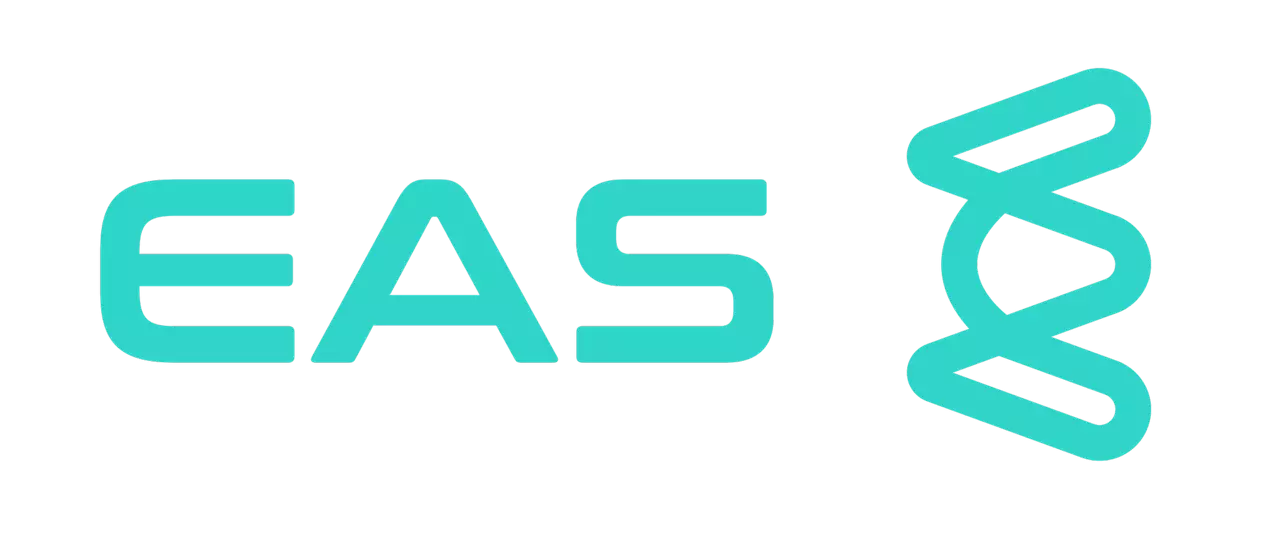Industry Overview
Pharmaceutical manufacturing stands as a critical sector in the global healthcare industry. This industry is primarily involved in the production of medicinal drugs, with a process that encompasses a range of steps from drug discovery to packaging. The global pharmaceutical market has been on a steady rise, attributed to factors such as an aging population, advancements in medical research, and an increased prevalence of chronic diseases. The complexity of drug manufacturing processes, coupled with stringent regulatory requirements, makes this industry both challenging and rewarding.
Challenges in Pharmaceutical Manufacturing
- Regulatory Compliance: Pharmaceutical manufacturers must adhere to strict regulations set by bodies like the FDA (U.S. Food and Drug Administration) and EMA (European Medicines Agency). Compliance with these regulations ensures the safety, efficacy, and quality of pharmaceutical products.
- Innovation and R&D: The industry is under constant pressure to innovate due to the expiration of drug patents and the growing need for new treatments. Research and Development (R&D) are crucial for discovering new drugs and improving existing ones.
- Cost and Efficiency: With the rising cost of healthcare, pharmaceutical manufacturers are striving to reduce production costs while maintaining high quality. Efficient manufacturing processes and cost-effective supply chain management are essential to achieve this balance.
- Globalization: As the industry expands globally, manufacturers face challenges like varying international regulations, logistical complexities, and the need for localization strategies.
EAS Solutions’ Role and Offerings
- Tailored Solutions: EAS Solutions specializes in offering customized solutions to the pharmaceutical manufacturing industry. Our services range from consultancy on regulatory compliance to the implementation of advanced manufacturing technologies.
- Compliance and Quality Control: We assist companies in navigating the complex regulatory landscape, ensuring that their products meet all quality standards and legal requirements.
- Process Optimization: Our team provides expertise in streamlining manufacturing processes, reducing waste, and enhancing efficiency, leading to cost savings and increased productivity.
- Technological Integration: EAS Solutions offers cutting-edge technological solutions, including automation and data analytics, to optimize production lines and supply chains.
- Product and Service Innovation: We support pharmaceutical companies in their R&D efforts, helping them to innovate and develop new processes with our process automation and energy solutions that meet market demands.
Future Trends in Pharmaceutical Manufacturing
- Personalized Medicine: The industry is moving towards personalized medicine, where treatments are tailored to individual patient needs. This trend will require changes in manufacturing processes to accommodate small-scale, customized production.
- Advanced Technologies: Technologies like AI, machine learning, and IoT are increasingly being integrated into pharmaceutical manufacturing. These technologies enable better quality control, predictive maintenance, and efficient resource management.
- Sustainable Practices: Sustainability is becoming a priority, with a focus on reducing environmental impact through eco-friendly materials and energy-efficient processes.
- Global Collaboration: Collaborative efforts between pharmaceutical companies and governments, academia, and technology providers are expected to rise, fostering innovation and addressing global health challenges.


